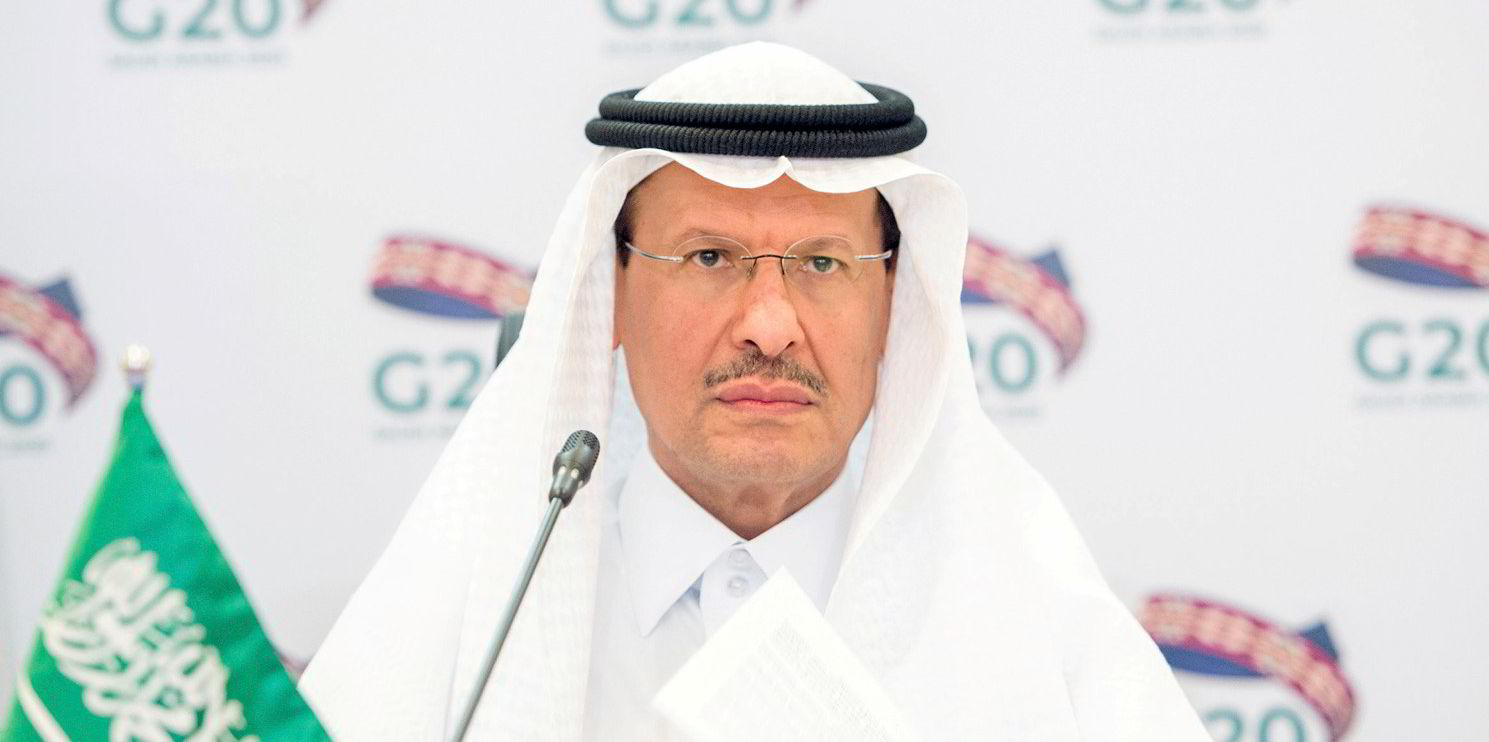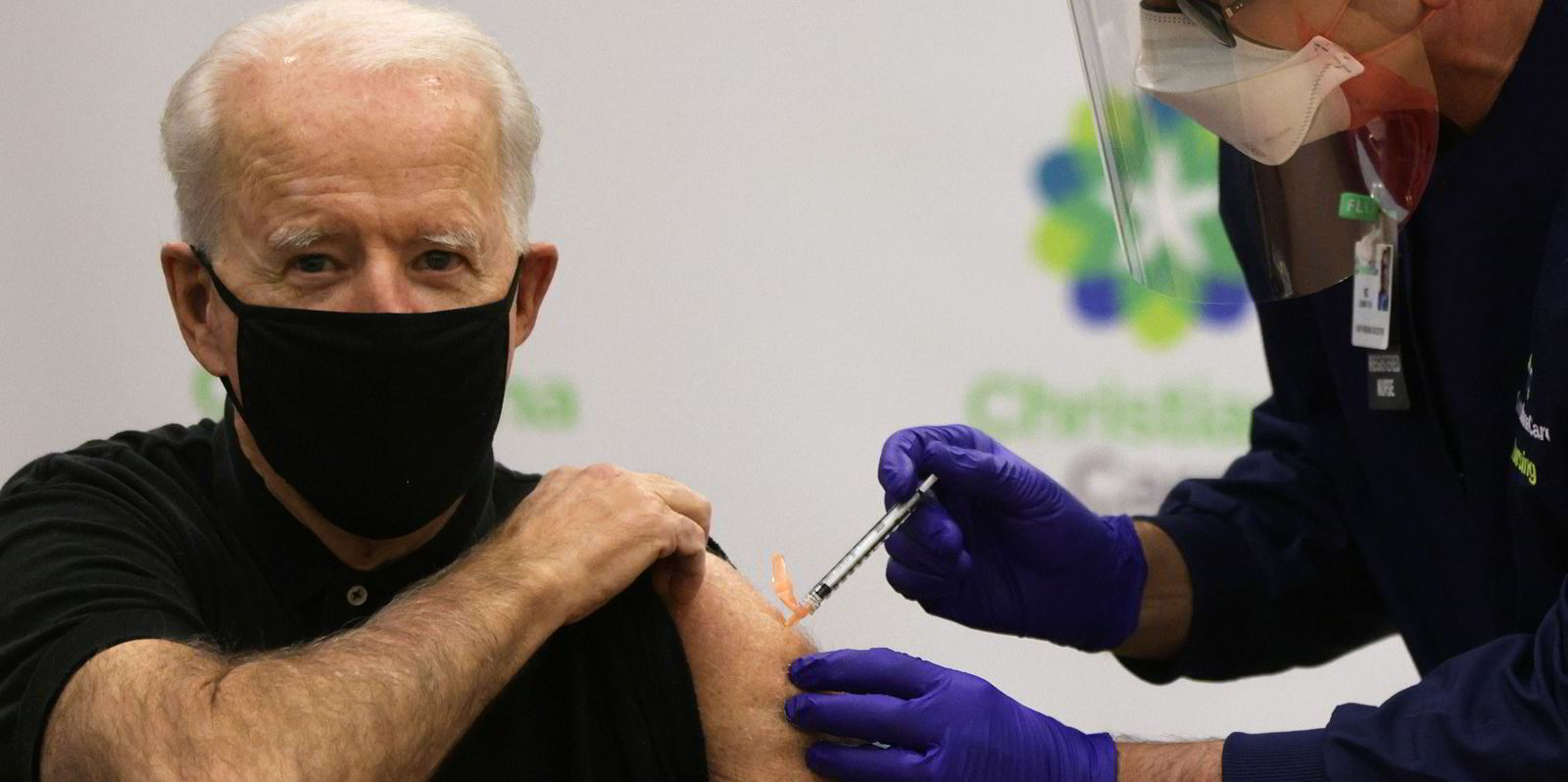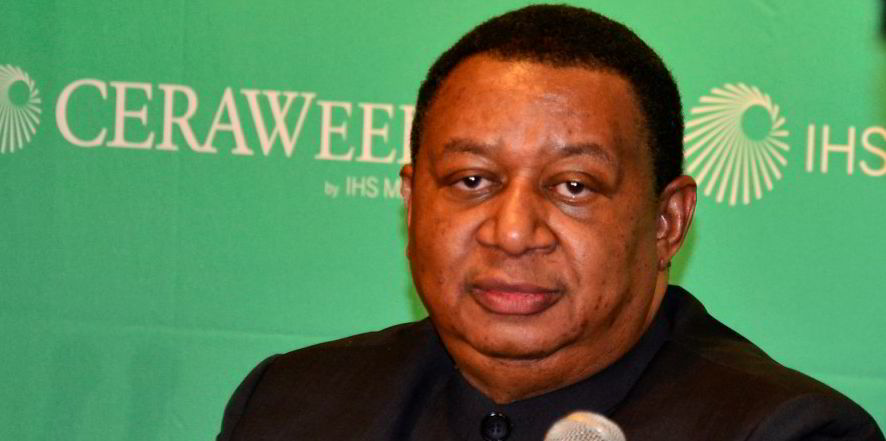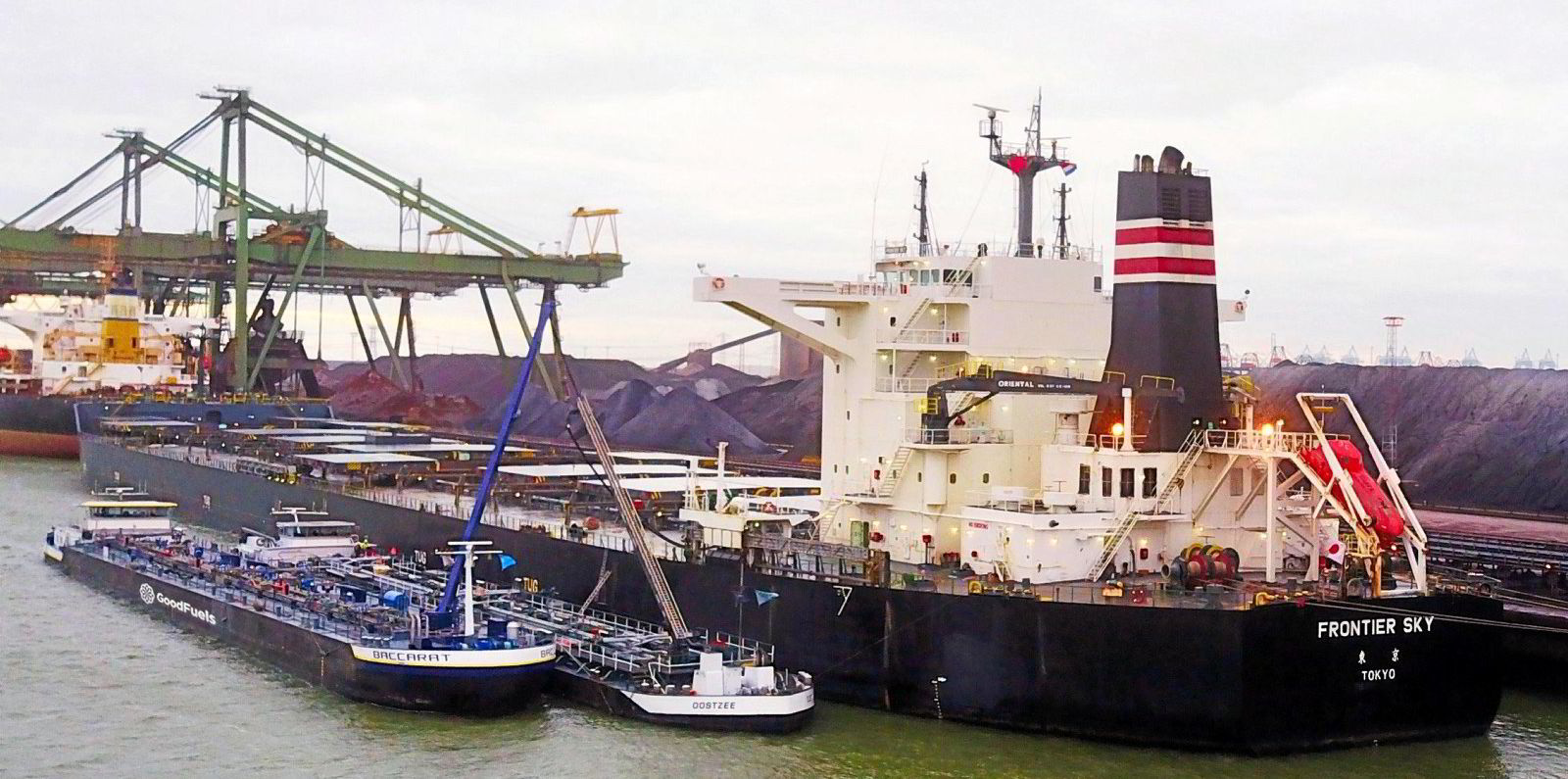Opec and its Russia-led allies have dealt tanker owners a surprising blow by only planning a small increase in crude output next month.
In Thursday’s online ministerial meeting, Opec+ agreed to roll over their current output quotas into April except for Russia and Kazakhstan, which can hike production by a combined 150,000 barrels per day (bpd).
Analysts said the development would lead to continued weak shipping demand and higher bunker costs in the near term.
“It’s going to be negative, because the cargo is not going to be there,” Vortexa senior freight analyst Arthur Richier told TradeWinds. “Right now, it’s more or less status quo for tanker markets.”
Safe not sorry?
Fearnley Securities said: "Clearly, Opec+ ... still has concerns regarding the oil market balance and is adopting a 'better safe than sorry' approach."
The investment bank said the approximate 7.5m bpd of refinery capacity set to be taken out through maintenance in the second quarter was also likely to have been a factor.
Saudi Arabia also did not provide a timeline as to when it will phase back its 1m bpd voluntary cut, although Fearnley expects this to at least partially return for May and June quotas.
Fearnley also said there are two big questions looming for the market.
Firstly, will Russia's concerns over US production prove true and, secondly, with Russia and Kazakhstan being exempt from the flat production levels, how long are other Opec members willing to sit on the sidelines?
Rates 'very challenged'
The company sees rates being kept at "very challenged levels" for now as volumes will continue to lag pre-Covid-19 levels substantially.
"On the flip side we will see a more rapid oil market rebalancing, which in turn should allow for a stronger production recovery once it happens," Fearnley said.
Crude tanker markets have been plagued by severe tonnage oversupply in recent months, with Opec+ keeping their supply low amid demand weakness during the Covid-19 pandemic.
The Baltic Exchange assessed spot VLCC earnings on the benchmark Middle East Gulf-China route at -$3,350 per day on Thursday — the second lowest on record.
Average suezmax earnings were $7,030 per day and aframaxes $8,522 per day — both not far from their multi-year lows.
High bunker costs
The Opec+ decision is also lifting crude prices, which is expected to result in higher bunker costs for shipowners.
The average very low-sulphur fuel oil price in 20 main bunkering hubs was about $512 per tonne as of Wednesday, close to its highest since February 2020, according to business intelligence provider Ship & Bunker.
“The only reason that bunker prices have been shooting up like this is the increase in crude prices,” Richier said.
“Owners are going to have a hard time passing on all these costs to charterers. They're going to sort of remain in this loss-making territory.”
Unexpected development
With crude prices nearing their highest in 13 months, oil market players had expected the Opec+ to hike production by at least 500,000 bpd from April.
But media reports suggested Saudi Arabia supported a more prudent approach in Thursday’s meeting and quickly won support from other members.
The oil kingpin, which announced a voluntary cut of 1m bpd for February and March, said it would extend the reduction to April.
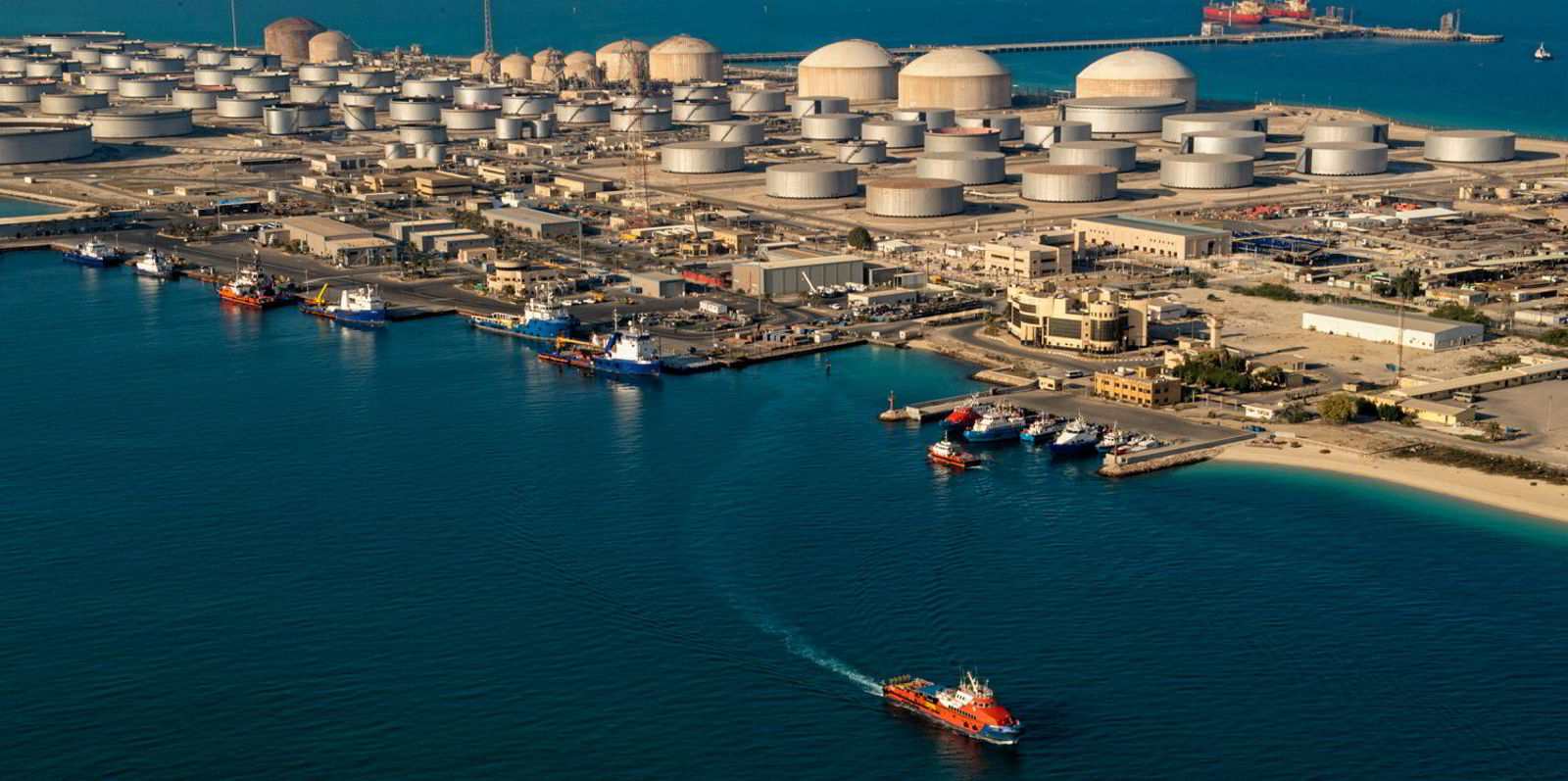
“Although we have had high oil prices, the physical fundamentals in the market are not very strong,” BRS head of research Andrew Wilson said. “The big issue for the moment is the inventory levels.”
As a result of lockdown measures being used in some major economies to control the spread of coronavirus, the pace of oil destocking has slowed down sharply in recent weeks.
Kpler data showed 81.2m barrels of crude were stored at sea as of Thursday, only marginally lower than the early-January level of 84m barrels. However, there is hope that the Opec+ supply constraint could put the tanker markets on a firmer path to recovery later this year.
“The now obvious willingness in Opec to drive oil prices higher is a strong positive for the second-half recovery we, and now probably also consensus, are expecting,” Kepler Cheuvreux analyst Andreas Nibe Nygard said in a note.
A higher oil price can theoretically lead to quicker oil destocking, and tanker demand will recover once refiners need to start replenishing their inventories again.
The next Opec+ ministerial meeting is due on 1 April.
